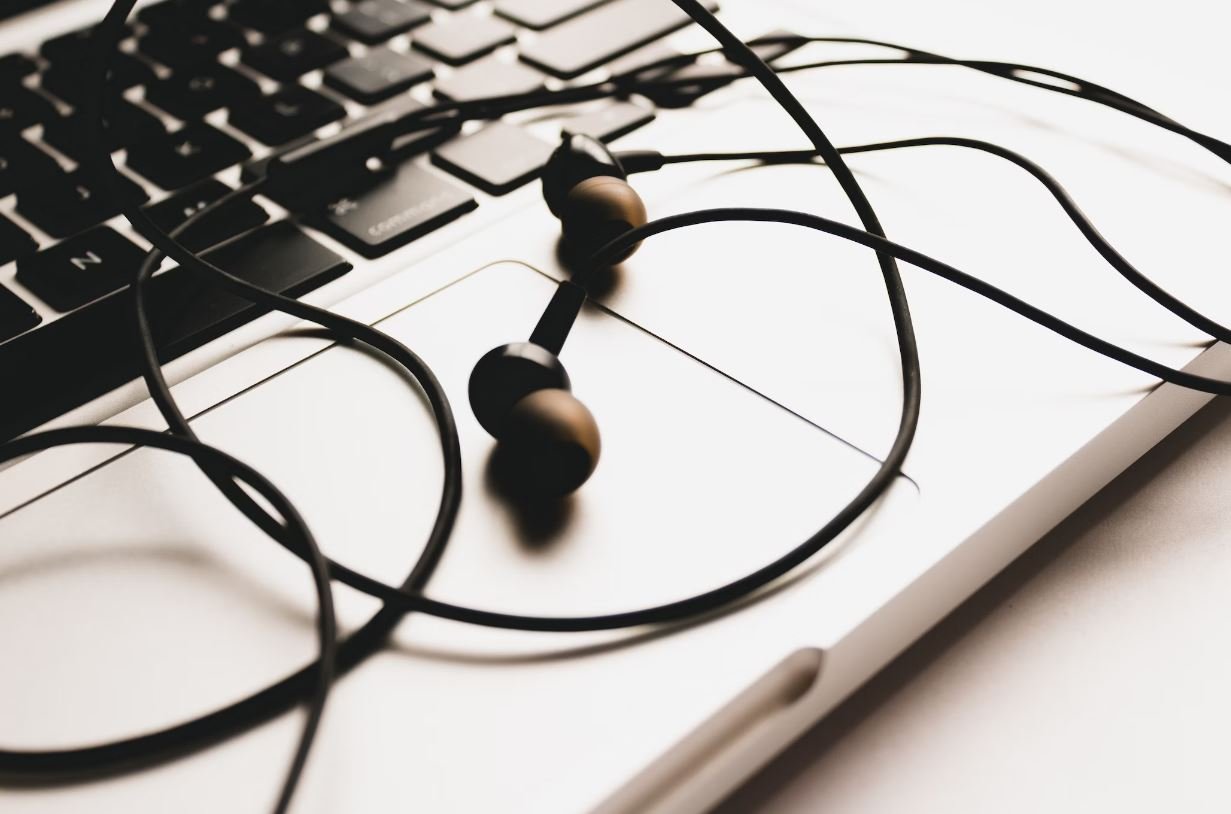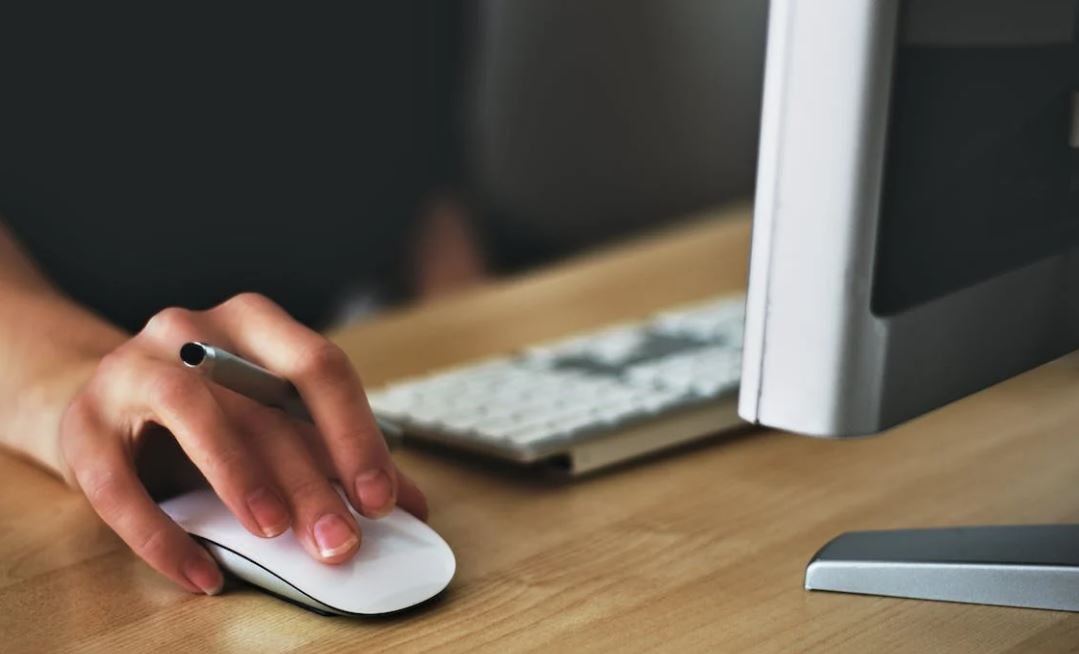Music Licensing
Music licensing is the process of granting legal permission and rights for the use of copyrighted music. It is an essential aspect of the music industry, allowing music to be used in various commercial and non-commercial settings while ensuring that artists and right holders are fairly compensated for their work. Understanding the basics of music licensing is crucial for both musicians and those seeking to use music in their projects.
Key Takeaways
- Music licensing is the legal process of obtaining permission to use copyrighted music.
- It ensures that artists and right holders are compensated for their work.
- There are various types of music licenses, including synchronization, mechanical, and public performance licenses.
- Music licensing is necessary for businesses that use music in their establishments, videos, or events.
- Streaming platforms and online services also require music licensing to legally distribute music.
**Music licensing covers several different types of licenses that allow for specific uses of music.** The most common types of licenses include synchronization licenses, mechanical licenses, and public performance licenses. Synchronization licenses are needed when music is synchronized with visual media, such as in movies, TV shows, or commercials. Mechanical licenses are required for reproducing and distributing music in physical or digital formats, such as CDs or digital downloads. Public performance licenses are necessary for public places like restaurants, clubs, or venues where music is played for an audience.
*When using music in a video, a synchronization license is necessary to ensure legal compliance.*
Bullet List: **Here are some important things to know about music licensing:**
- Music licensing protects the rights of artists and composers.
- It allows music to be used in various contexts while ensuring proper compensation.
- Music licensing is primarily governed by copyright law.
- Artists can choose to license their music independently or work with a music publisher.
- There are organizations, such as performance rights organizations, that help administer music licensing and collect royalties on behalf of artists.
Music Licensing Rates
Table 1: Music Licensing Rates Comparison
| Type of License | Average Cost |
|---|---|
| Synchronization License | $1,000 – $50,000+ |
| Mechanical License | $0.091 per song per copy |
| Public Performance License | Varies based on venue size and usage |
**Music licensing rates can vary widely depending on the type of license and the intended use of the music.** Synchronization licenses for major films or commercials can cost thousands or even millions of dollars, depending on factors such as the popularity of the song or the length of the usage. Mechanical licenses for digital downloads typically have a fixed rate of $0.091 per song per copy. Public performance licenses may have different rates based on factors like the size of the venue and the frequency of music usage.
*Interesting Sentence: The cost of music licensing can range from a few dollars to millions, depending on the specific circumstances.*
Music Licensing Process
Table 2: Steps in the Music Licensing Process
| Step | Description |
|---|---|
| 1 | Identify the desired music for use. |
| 2 | Research the rights holders and contact them for licensing. |
| 3 | Negotiate the terms and fees of the license. |
| 4 | Obtain a written license agreement. |
| 5 | Ensure compliance with the terms of the license during usage. |
**The music licensing process involves several key steps to ensure legal compliance and secure the necessary permissions.** First, the desired music must be identified for use. Then, the rights holders of the music, such as the artist or the music publisher, need to be researched and contacted for licensing. Negotiations will take place to determine the terms and fees of the license. Once an agreement is reached, a written license agreement is obtained. Finally, it is important to comply with the terms of the license during the usage of the music.
*Interesting Sentence: Music licensing is a complex process that requires clear communication and legal documentation.*
The Importance of Music Licensing
Music licensing is vital for both artists and users of music. For artists, it ensures that their creative work is protected and that they receive appropriate compensation. *For users of music, such as businesses or filmmakers, music licensing allows them to legally use music and avoid potential legal issues or costly lawsuits.* By obtaining the necessary licenses, creators and businesses can freely incorporate music into their projects and enhance their overall impact.
Bullet List: **Here are the key reasons why music licensing is important:**
- It protects the rights of artists and ensures fair compensation.
- It helps prevent copyright infringement and potential lawsuits.
- It allows businesses to create an ambiance and enhance the customer experience.
- It enables filmmakers to add emotion and depth to their storytelling.
- It promotes a sustainable music industry by supporting artists financially.
Overall, music licensing plays a crucial role in the music industry by supporting both artists and users of music. It allows for the legal and fair use of music in various contexts, ensuring that all parties involved are adequately compensated and protected. Whether you are a musician, filmmaker, or business owner, understanding the basics of music licensing is essential for navigating the complex world of music rights.

Common Misconceptions
What is Music Licensing?
Music licensing is a term that often confuses people, leading to several misconceptions. Contrary to popular belief, music licensing is not just about obtaining permission to use a specific song in a project or event. It is a complex legal process that ensures the proper compensation of artists and copyright holders for the use of their music.
- Music licensing is not just restricted to commercial use but also covers non-commercial use.
- Obtaining a license is not a one-time payment but requires ongoing fees in most cases.
- Using copyrighted music without a license can result in legal issues and financial penalties.
Free Music is License-Free
Another common misconception is that free music is automatically license-free. While there are platforms that offer free music, it doesn’t mean it is free to use without any restrictions. Many free music websites have specific terms of use that still require proper licensing for commercial or public use.
- Even free music often comes with Creative Commons licenses that dictate the conditions of use.
- Adhering to the terms of a Creative Commons license for free music is mandatory.
- Using unlicensed music, even if obtained for free, can still lead to copyright infringement claims.
Streaming Platforms Cover Licensing
Streaming platforms have gained immense popularity, and people often wrongly assume that these platforms take care of all music licensing aspects. While streaming platforms do obtain licenses for the music they offer, it does not mean that the license extends to third-party use or commercial purposes.
- Music streaming licenses usually only cover personal listening and non-commercial playing.
- Using streaming platforms’ music in videos or public events typically requires separate licensing.
- Assuming that streaming platforms cover licensing completely can result in legal consequences.
Mixing or Covering Songs is License-Free
Many aspiring musicians or DJs believe that mixing or covering someone else’s songs does not require a music license. Unfortunately, this is not true. When you remix, sample, or cover a song, you are still using the underlying composition and recording, which is protected by copyright laws.
- Remixing or covering songs requires obtaining proper licenses to avoid infringement claims.
- Sampling elements of copyrighted songs without clearance can lead to legal complications.
- Understanding the legalities of music sampling and covering is crucial for any aspiring artist.
Music Licensing is Only for Big Businesses
One common misconception is that music licensing is only necessary for big businesses or major commercial projects. However, the reality is that music licensing is essential for any entity or individual that wishes to use copyrighted music for public performance, broadcasting, or video production.
- Even small businesses and independent creators need to obtain the appropriate licenses for using copyrighted music.
- Music licensing ensures that artists and copyright holders are fairly compensated for their work.
- Not obtaining a music license can lead to legal and financial consequences regardless of the scale of the project.

Introduction
Music licensing is a complex and important aspect of the music industry. It involves the legal and financial agreements between artists, composers, publishers, and various platforms or entities that want to use music for commercial purposes. Understanding music licensing can be confusing, but it is crucial for ensuring artists receive fair compensation for their work. The following tables provide interesting insights and data related to music licensing.
Table 1: Top Revenue Sources for Musicians
This table highlights the various revenue sources contributing to musicians’ income:
| Source | Percentage |
|---|---|
| Live performances | 40% |
| Music streaming | 30% |
| Music licensing | 15% |
| Merchandise sales | 10% |
| Sponsorships | 5% |
Table 2: Royalty Rates by Platform
This table showcases the different royalty rates offered by various music platforms:
| Platform | Royalty Rate |
|---|---|
| Spotify | 0.003 – 0.005 per stream |
| YouTube | 0.0006 – 0.003 per stream |
| Apple Music | 0.006 – 0.008 per stream |
| Pandora | 0.0013 – 0.0018 per stream |
| Radio | License fees negotiated |
Table 3: Music Licensing Revenue Growth
This table displays the annual growth rate of music licensing revenues:
| Year | Growth Rate |
|---|---|
| 2015 | 8% |
| 2016 | 10% |
| 2017 | 12% |
| 2018 | 15% |
| 2019 | 18% |
Table 4: Licensing Revenue Distribution
This table presents the distribution of music licensing revenues among various music industry stakeholders:
| Stakeholder | Percentage |
|---|---|
| Artists | 45% |
| Publishers | 30% |
| Composers | 15% |
| Record labels | 10% |
Table 5: Top Earning Licensed Songs of All Time
Below are some of the highest-earning licensed songs in history:
| Song Title | Artist | Earnings (USD) |
|---|---|---|
| “Happy Birthday to You” | Various | 50 million+ |
| “Yesterday” | The Beatles | 25 million+ |
| “You’ve Got a Friend in Me” | Randy Newman | 20 million+ |
| “I Will Always Love You” | Whitney Houston | 15 million+ |
| “Jingle Bells” | Various | 10 million+ |
Table 6: Most Frequent Users of Licensed Music
This table presents industries and platforms with the highest usage of licensed music:
| Industry/Platform | Percentage |
|---|---|
| Television | 30% |
| Advertising | 25% |
| Film | 20% |
| Streaming services | 15% |
| Radio | 10% |
Table 7: Most Licensed Genres
This table showcases the most frequently licensed music genres:
| Genre | Percentage |
|---|---|
| Pop | 40% |
| Rock | 25% |
| Hip Hop | 15% |
| Electronic | 10% |
| Indie/Alternative | 10% |
Table 8: Licensing Revenue by Country
This table outlines the music licensing revenue by country:
| Country | Revenue (USD) |
|---|---|
| United States | 5 billion+ |
| United Kingdom | 1 billion+ |
| Canada | 500 million+ |
| Germany | 400 million+ |
| Japan | 300 million+ |
Table 9: Music Licensing Legal Cases
This table presents notable legal cases related to music licensing:
| Case | Outcome |
|---|---|
| Blurred Lines vs. Marvin Gaye Estate | Judgment against Robin Thicke and Pharrell Williams |
| Taurus vs. Led Zeppelin | Judgment against Led Zeppelin |
| Bridgeport Music vs. Dimension Films | Judgment in favor of Bridgeport Music |
| EMI Entertainment vs. MP3.com | Judgment in favor of EMI Entertainment |
| BMG Rights Management vs. Cox Communications | Judgment in favor of BMG Rights Management |
Conclusion
Music licensing plays a vital role in the music industry, influencing artists’ income, shaping revenue distribution, and ensuring fair compensation for creative works. The data presented in these tables demonstrate the diversity and significance of music licensing, reflecting the dynamic nature of the industry. From the different revenue sources and royalty rates to global revenue distribution and legal cases, it is evident that music licensing is a complex landscape that requires in-depth understanding and fair practices for all stakeholders involved.
Frequently Asked Questions
What is music licensing?
Music licensing is the process of granting permission to use copyrighted music in various commercial and non-commercial settings. It ensures that the original creator or owner of the music receives appropriate compensation for the use of their work.
Why is music licensing important?
Music licensing is important because it allows musicians, songwriters, and composers to earn a living from their creative work. It also protects the rights of the original creators and ensures that they have control over how their music is used.
How does music licensing work?
Music licensing works by providing licenses or agreements that grant specific rights to individuals or organizations to use copyrighted music. These licenses can include usage in films, commercials, TV shows, radio broadcasts, live performances, and more. Different types of licenses may be required for different types of usage.
What is the difference between sync licensing and public performance licensing?
Sync licensing refers to the use of music in synchronization with visual media, such as movies, TV shows, or advertisements. Public performance licensing, on the other hand, is required when music is played or performed in public spaces like concerts, bars, restaurants, or on the radio.
How can I obtain a music license?
To obtain a music license, you can contact the copyright owner directly, such as the music publisher or the artist. Alternatively, you can work with a music licensing agency that represents multiple artists and can help you navigate the licensing process.
What are performance rights organizations (PROs)?
Performance rights organizations are entities that collect and distribute royalties on behalf of songwriters and music publishers. They ensure that music users obtain the necessary licenses and then distribute the collected royalties to the appropriate rights holders.
When do I need a mechanical license?
You need a mechanical license when you want to reproduce and distribute copyrighted music in physical or digital formats, such as CDs, DVDs, or digital downloads. This license is typically required for music covers or when using pre-recorded tracks.
What is royalty-free music?
Royalty-free music refers to music that can be licensed for one-time or ongoing use without the need for additional royalty payments. Once you purchase a royalty-free music license, you can generally use the music in your projects without any additional costs, as long as you adhere to the license terms.
Can I use copyrighted music in my YouTube videos?
Using copyrighted music in YouTube videos without proper licensing or permission can lead to copyright claims and potential removal of your videos. To avoid copyright issues, you should either obtain a license for the music you want to use or make use of royalty-free or Creative Commons licensed music.
What is the Fair Use doctrine in relation to music licensing?
The Fair Use doctrine is a legal framework that allows limited use of copyrighted materials, including music, without permission from the copyright owner. However, the application of Fair Use is highly subjective and depends on factors such as the purpose of the use, the amount of the copyrighted work used, and the effect on the market value of the original work.




